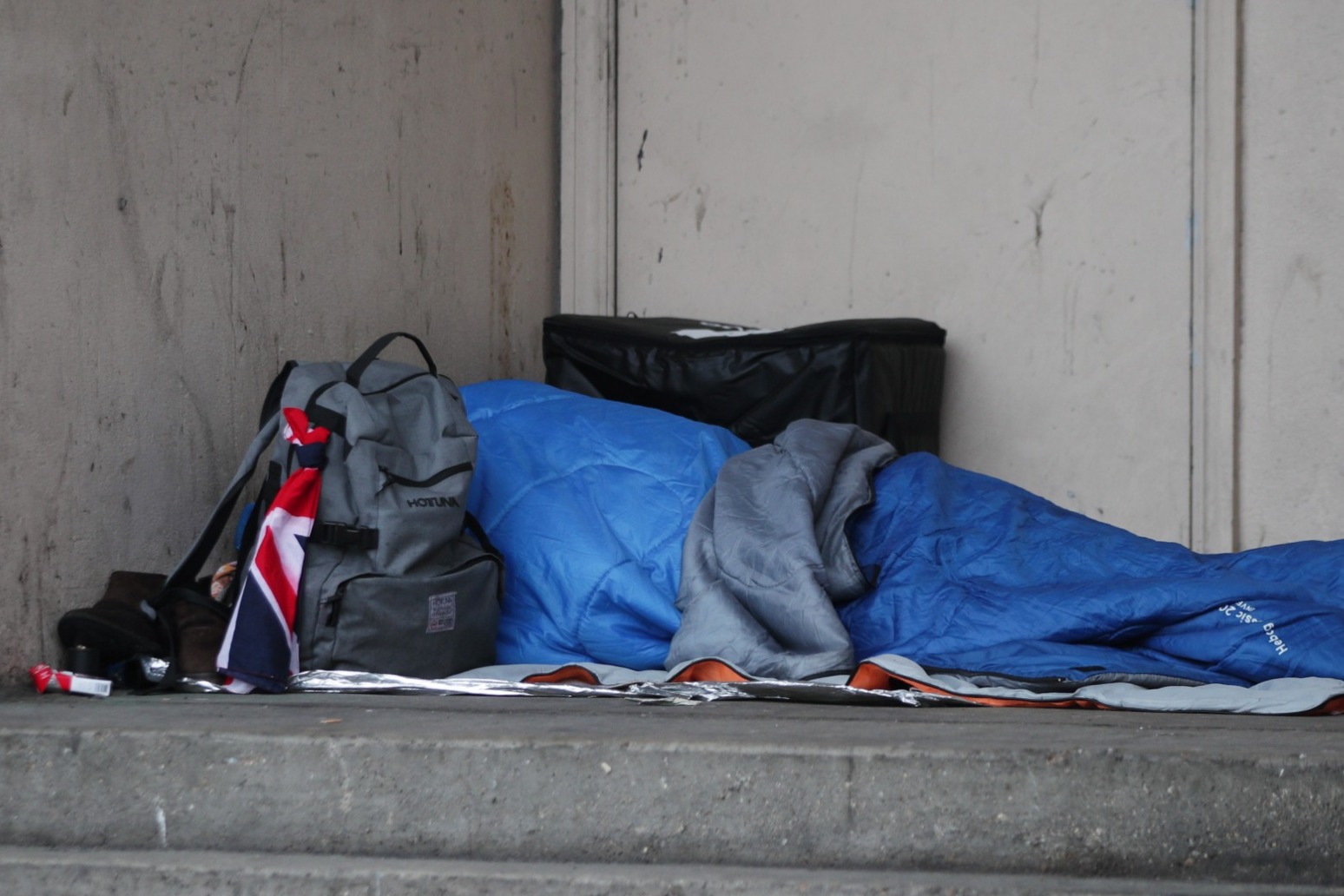
Children’s Commissioner: Thousands of 16 and 17-year-olds presenting as homeless
More than 6,000 16 and 17-year-olds were homeless or at risk of homelessness in England in the year to March, according to figures obtained by the Children’s Commissioner.
Dame Rachel de Souza said too many children who present to their local authority are “not getting the care they deserve and are entitled to”.
She expressed concern that most children in the analysis were not taken into care as they should have been, but were instead accommodated under general housing legislation.
The report cited instances where youngsters were placed in accommodation that was “wholly inappropriate and posed a danger to the child’s physical and mental health, and the consistency of their relationships and education”.
It said children were often placed in accommodation with minimal or no on-site support from adults, with those placed in semi-independent accommodation expressing feelings of loneliness.
A total of 6,469 16 and 17-year-olds presented as homeless to their local authority in the year to March, with around 1,000 of these being unaccompanied children seeking asylum, the commissioner’s report stated.
That figure does not include children housed in hotels when they arrive to the UK, it added.
Due to late responses to the commissioner’s request for information, only data on 4,879 children from 136 local authorities was analysed.
Dame Rachel said the true figures for homeless youngsters could be higher, due to some not reporting to their local authority and instead doing things such as sofa-surfing or staying with friends.
Of the 4,879, only 40% were accommodated, with the rest either not deemed to be homeless by the local authority or given support to return to their previous living arrangement.
Of the 1,960 who were accommodated, 760 were taken into care, while 1,200 were accommodated but not taken into care.
Of the 4,879 who were not unaccompanied children seeking asylum, the majority presented as homeless either because of a family breakdown (47%) or because relatives or friends were no longer willing to accommodate them (26%), the report said.
Other reasons included domestic abuse and eviction from supported housing, both at 2%.
The report said its analysis showed that youngsters appear less likely to be accommodated under Section 20 of the Children Act – and therefore taken into care – the closer they get to the age of 18, with some reporting feeling “manipulated” into not accepting Section 20 care.
Among her recommendations, the commissioner said every child assessed as homeless by the local authority should be accommodated under Section 20 by default and should be proactively offered an advocate to help them to assess their options.
She said guidance should be updated to make clear that 16 and 17 year-olds should not be considered homeless in the way that an adult is, but rather as being in need of support from children’s social care.
Dame Rachel said: “I don’t believe that we should accept the idea that a child should ever be considered ‘homeless’.
“If a 16-year-old cannot live with their own family, because they have been kicked out or their relationships have broken down, they are not ‘homeless’, they are a child in need of care. At that point, children’s social care should be stepping in to make sure that a safe and loving home is found.
“I am calling for all children at risk of homelessness, who cannot remain with family, to be taken into care as a default.
“If local authorities deem a child to no longer be in need of this support, or a child refuses to come into care, then an independent advocate must be allocated to that child, to ensure they receive the support and guidance they are entitled to.”
Louise Gittins, chairwoman of the Local Government Association’s children and young people board, said: “Councils will always work with a young person at risk of homelessness to understand their needs, including whether being brought into care is in their best interests.
“However, a shortage of suitable accommodation can mean finding the right home for a young person, whether in care or not, is extremely challenging.
“We continue to work with government to expand provision so every young person who cannot live with their family has a home where they feel safe and able to thrive.”
A Department for Education spokesperson said: “Every child deserves a safe and secure home, no matter their background, and local authorities have a responsibility to provide appropriate support for all children in their care.
“We are supporting them by improving the recruitment of foster carers and increasing the number of places available locally in both secure and open children’s homes.
“The placement of under-16s in unregulated provision has been banned since September 2021, and this year we have ended its use for 16 and 17-year-olds.”
Published: by Radio NewsHub